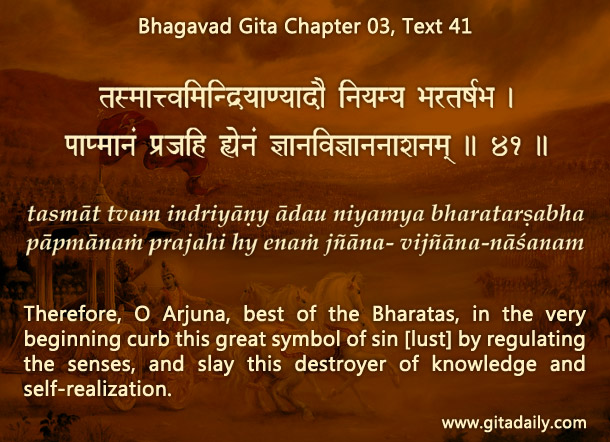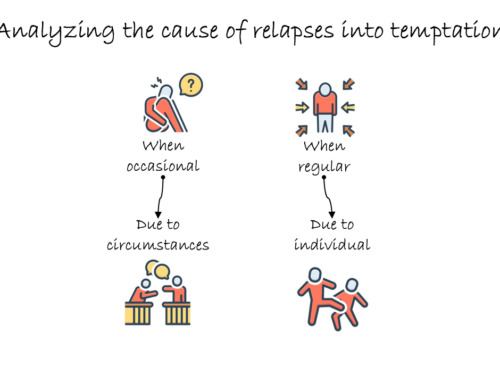Though we are exposed to many distractions, some are more harmful than others. How can we know which distraction is most hazardous for us? By analyzing if it has the following characteristics.
Captures our consciousness most forcefully: Some distractions just force themselves into our consciousness no matter what we are doing and then pull our consciousness toward them, even if what we are doing is far more important and even urgent. For example, as soon as we hear some political news, we might get captivated, even if we are working on a vital project with a tight deadline.
Consumes our consciousness most voraciously: On entering our consciousness, some distractions acquire not just a foothold, but a stronghold. That is, they hold on unrelentingly to us; we are just not able to stop thinking about them — neither rejecting nor neglecting works. For example, if we see an obscene image, it may stay within us, haunting and tormenting us for a long time.
Corrupts our consciousness most sickeningly: Some distractions drag our consciousness far away from our normal behavior and even from basic human values; they fill us with perverse fantasies and urges. For example, when we hear about a crime committed by someone belonging to a racial or religious group that we fear or loathe, we may experience a wild impulse to bomb that entire group out of existence.
By reviewing our past encounters with various distractions, we can note which of those temptations have which of the above characteristics. Even a distraction that has just one of these characteristics can be dangerous; a distraction that has all these characteristics is mortally dangerous. We need to strenuously minimize, if not totally avoid, all interaction with it, as recommended in the Bhagavad-gita (03.41).
One-sentence summary:
Among various distractions, the most dangerous are those that capture our consciousness most forcefully, consume our consciousness most voraciously and corrupt our consciousness most sickeningly.
Think it over:
- Which distraction captures your consciousness most forcefully?
- Which distraction consumes your consciousness most voraciously?
- Which distraction corrupts your consciousness most sickeningly?
***
03.41: Therefore, O Arjuna, best of the Bharatas, in the very beginning curb this great symbol of sin [lust] by regulating the senses, and slay this destroyer of knowledge and self-realization.
To know more about this verse, please click on the image



Leave A Comment